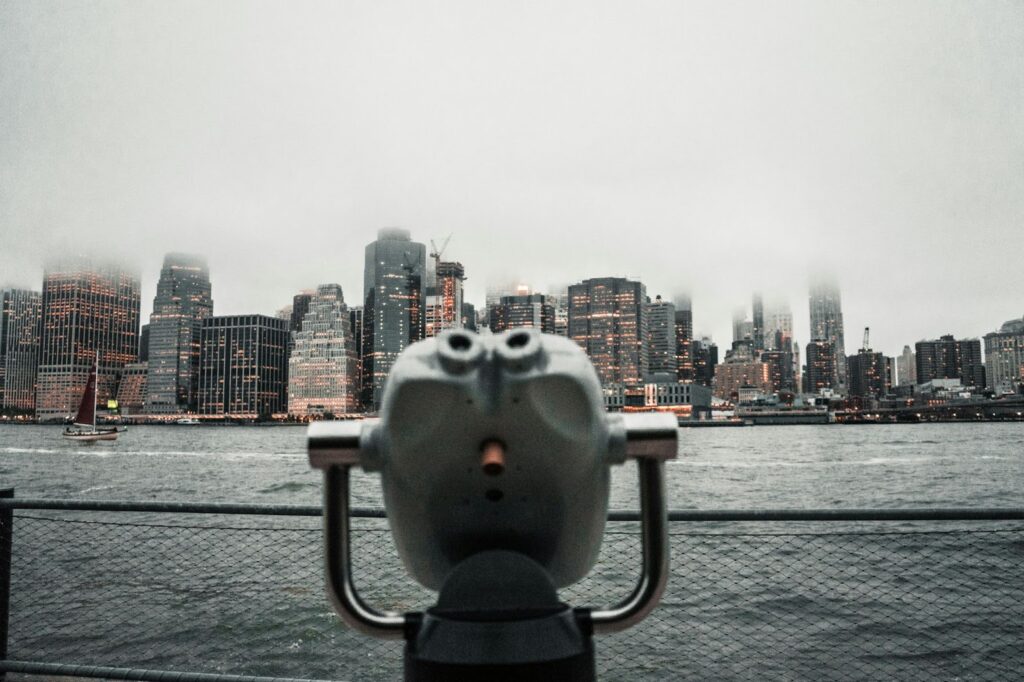Justice in the Making – A Week of Reflection and Realization
New York City
This past week, I graduated from the University of North Carolina at Chapel Hill with a Bachelor of Arts in History and Political Science. I am proud to have graduated with honors in both majors and to be a member of Pi Sigma Alpha, the national Political Science Honor Society. With my final transcripts submitted and my degree officially conferred, I’ve taken one step closer to my next chapter, law school.
To celebrate, I took a short visit to New York City to visit family members. There, I had a privileged opportunity to experience what life as a professional would be like in such a great city and speak with a relative who worked for a law firm within the city. The experience was not only intriguing but also affirming. Exposed to actual-world sights and sounds, everything that I’ve been working towards felt more tangible.
In addition to the legal influence, NYC in and of itself was electric. The energy of the city is unmatched through a form of controlled chaos, and anything feels possible. There’s a tale on every corner and an adventure every minute for those who are experiencing it. But as the city is full of potential, it also reveals some of the most significant issues in American criminal justice.
As someone interested in criminal law and reform, I couldn’t help but observe the contrast between the glamor of the city and the complicated legal dynamics playing out in plain sight. One experience in particular left me unsettled. While walking through Times Square with my family, we passed a police officer dismantling a street vendor’s display of counterfeit designer bags. As soon as the sheet was pulled back, a swarm of people descended, grabbing the bags and running off. The officer did nothing. He watched quietly, calm, even bored, as the scene unfolded.
That moment raised so many questions for me. What kinds of charges do these vendors face? Are they fined, detained, or simply warned? And then there are the individuals who stole the goods subsequently. Are they guilty, or does the law turn a blind eye here, and if so, why? Why does enforcement appear so passive in some instances and so forceful in others?
This incident got me thinking more deeply about systemic issues like overcriminalization, police discretion, and community policing. Overcriminalization refers to the exponential increase of criminal laws, often for low-level or nonviolent offenses, that disproportionately impact marginalized communities. In a city like New York, where petty crime is common and the legal system is overloaded, how do we decide what’s worth policing, and what’s not? And who pays the price when those decisions are made?
Police discretion, officers’ authority to decide when and how to apply the law. The officer I saw was nearly indifferent, but that indifference was itself a choice. It made me ask myself if it was generosity, or simply a sign of how mundane petty offenses have become in such a huge city?
Then there’s the question of community policing, a model intended to build trust between law enforcement and local communities through cooperation and mutual respect. The act of the people pouncing on the technically illegal items raises many issues when placed against the background of such a system of trust and accountability.
Despite being disheartened by some of these questions, I left New York with many amazing memories and with a renewed sense of purpose. The experience reminded me that the law does not exist theoretically. It lives on the streets, in everyday life. It reminded me why it is important that we don’t just understand the law, but to help reshape it into something more just and accountable.
My name is Sophie Pilkington and I am from a small town in Western North Carolina where I grew up on big blue mountains, with my very big family. I now attend The University of North Carolina at Chapel Hill and will be graduating with my bachelor’s in May of this year! I will be graduating with a double major in Political Science and History and a minor in Women and Gender Studies, and I hope to attend law school in the Fall of 2025. I am currently waiting for final decisions on my law school applications and taking a breather before I embark on this journey! I love dogs, horses, reading, hiking, and all things History related! I even just came back from a semester abroad in Florence, Italy. Thank you for taking the time to read my blog and get to know me!
Sophie Pilkington
